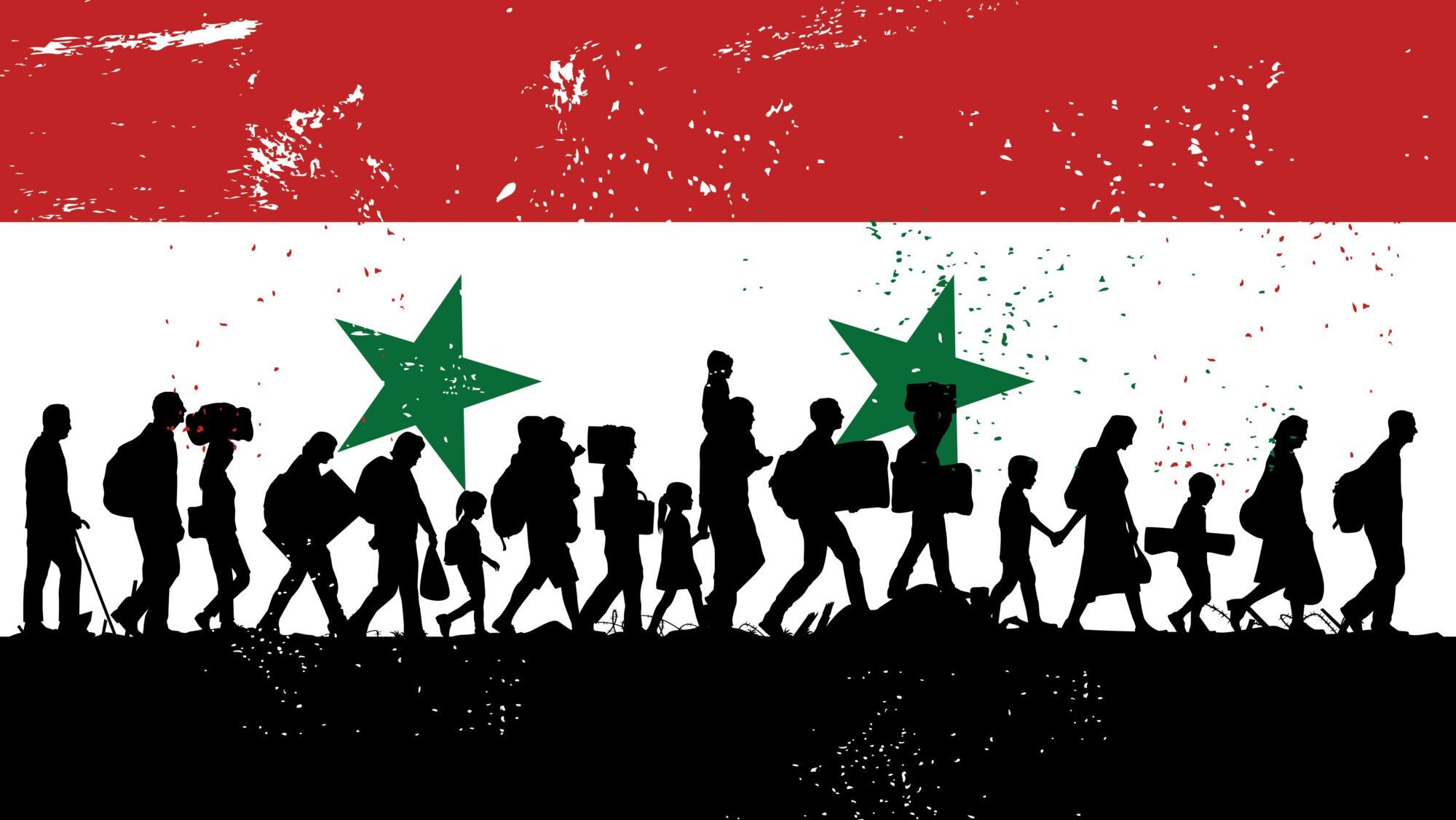
The Cypriot government has requested the European Union examine declaring more areas of Syria as safe for deportations as Cyprus continues to deal with large numbers of asylum seekers, with the number of illegal arrivals in the eastern Mediterranean having increased greatly in recent months.
Cyprus’ Interior Minister Constantinos Ioannou is behind the call to have the EU look into areas that may be safe for deportations, and he previously raised the issue earlier this year during a meeting in Spain in July, Ekathimerini reports.
Around 40% of the asylum seekers who have applied for asylum in Cyprus so far this year have been Syrian nationals, but currently, only the Tartus region has been declared safe by the European Union Agency for Asylum, meaning that those deported back to the region are unlikely to face indiscriminate violence.
Damascus, the Syrian capital, along with Latakia, Homs, and Quneitra have not been declared as safe as Tartus, but the levels of violence in the regions are not deemed to be at high levels.
The Cypriot proposal would have the EU re-examine the situation on the ground in Syria and re-evaluate the current deportation policies, but how deportations to Syria would be carried out is likely to be left to be determined later.
Cyprus has been dealing with constant waves of illegal immigration and asylum seekers for years, and now asylum seekers make up as much as 7% of the population of the country, which remains divided between the Greek-speaking Republic of Cyprus and the Turkish-occupied north.
The proposal from the interior minister comes as tensions in Cyprus between migrants and locals have been growing in recent weeks.
Migrant-owned businesses have been subjected to attacks by masked men armed with Molotov cocktails and displaying Cypriot flags, with some claiming the men may be linked to the group Elam, which emerged from the Greek neo-fascist Golden Dawn, a party that was outlawed in Greece in 2019.
Corina Drousitiou of the Cyprus Refugee Council, meanwhile, blamed the violence on xenophobic language used by Cyprus’ previous government in prior official statements, while the government pointed the finger at anonymous accounts on social media.
Last month, 21 people were arrested during clashes between migrants and locals in the village of Chloraka, with reports noting that the majority of those arrested were migrants.
The clashes revolved around a building complex where illegals had been living and had been subsequently removed from. Locals then set fires and demanded that all illegal migrants be removed from Chloraka.
The building, formerly a three-star hotel, lacked electricity, although locals accused the migrants squatting in the building of electricity theft. Photographs published by the Daily Mail newspaper revealed the migrants to be living in poor conditions in the building.
The Cypriot proposal to the EU comes as the number of illegal migrant arrivals in the eastern Mediterranean has started to rapidly increase in recent months.
According to Greek media reports, the month of August saw an increase of 235% compared to the same period last year, and in the first three weeks of September over 7,100 illegals had arrived in Greece.
Greece has five islands that are the first line of reception for illegals who often make the boat journey from Turkey, with a capacity of 15,190 people but already, there are 12,402 asylum seekers on the islands.
A Greek government source claimed that the Greeks were in talks with Turkey regarding the surge of illegal migrants, but the source did not blame Turkish authorities for the increase directly but claimed Turkish authorities were doing little to stop the migrants.
